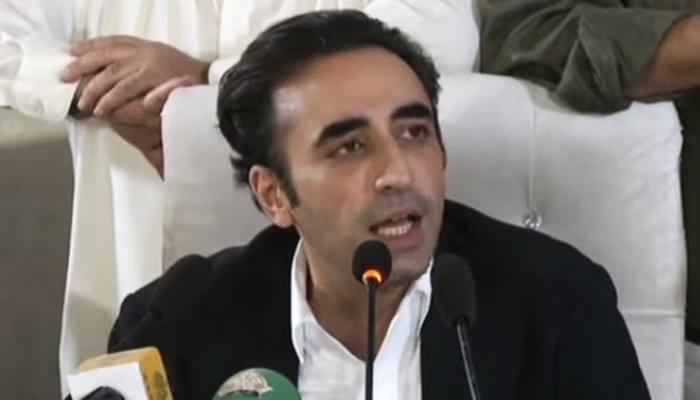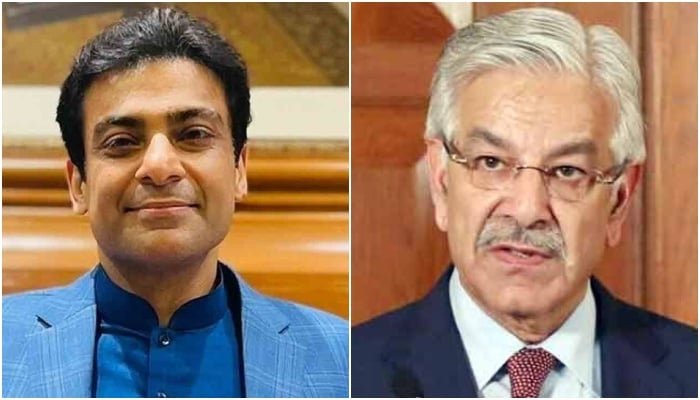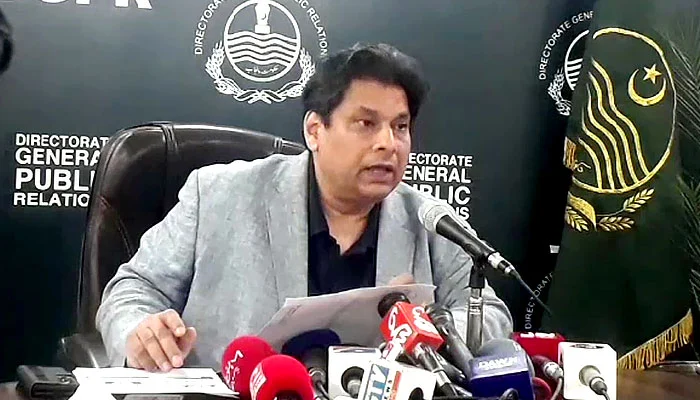Islamabad High Court (IHC) has taken a strong stance against Adiala Jail authorities for not complying with its order allowing PTI founder Imran Khan to meet his wife, Bushra Bibi. The court has summoned the Superintendent of Adiala Jail in person to explain the non-implementation of its directive.
Court Summons Adiala Jail Superintendent
On Tuesday, Acting Chief Justice of Islamabad High Court, Sarfaraz Dogar, heard a contempt of court petition filed against the jail administration for denying the former prime minister the right to meet his wife. The petition argued that the jail authorities were violating a clear court order and infringing on Imran Khan’s legal rights.
During the hearing, Imran Khan’s lawyer, Faisal Chaudhry, informed the court that despite the previous directives, Bushra Bibi had not been allowed to meet her husband. He emphasized that on January 28, the jail superintendent assured the court that meetings would be facilitated, yet the authorities had failed to follow through on their commitment.
Chaudhry further argued that this defiance of court orders was unacceptable and warranted immediate action. He urged the court to take strict measures against those responsible for the delay.
Court Demands Explanation for Non-Compliance
Justice Sarfaraz Dogar questioned the State Council on why the order had not been executed, stating that such disregard for judicial directives could not be tolerated. He directed the authorities to ensure that the meeting takes place without further delay.
To enforce compliance, the IHC ordered the Superintendent of Adiala Jail to appear in person before the court on February 27. The judge stressed that failure to implement court orders would have serious consequences for those responsible.
Legal and Political Implications
The ongoing legal battle concerning Imran Khan’s detention and visitation rights has sparked widespread debate. Legal experts argue that denying a prisoner their right to meet immediate family members without legal justification is a violation of fundamental rights.
Political analysts believe that such incidents further intensify the already volatile political environment in Pakistan. Many PTI supporters see this as another attempt to isolate Imran Khan from his family and legal team, hindering his ability to prepare for his defense in ongoing cases.
PTI’s Response to the Situation
PTI leaders have strongly condemned the jail authorities’ actions, calling them an abuse of power. Party representatives have reiterated their commitment to pursuing legal action against those responsible for obstructing Khan’s rights.
In a recent statement, PTI spokespersons stated that denying a basic right such as a spousal visit only reinforces claims of political victimization. They have urged the judiciary to hold accountable those who fail to respect its rulings.
Human Rights Perspective
Human rights organizations have also taken notice of the issue. Several advocacy groups have raised concerns about the treatment of political prisoners and the necessity of upholding their basic rights, irrespective of political affiliations.
Legal experts assert that if jail authorities can deny a high-profile prisoner such as Imran Khan his rights, it raises concerns about the treatment of ordinary detainees in the country’s prison system. Ensuring compliance with judicial orders is essential to upholding the rule of law.
Next Court Hearing on February 27
With the next hearing scheduled for February 27, all eyes are now on how the Islamabad High Court will proceed. If the Superintendent of Adiala Jail fails to provide a satisfactory explanation, the court may take punitive action to enforce its ruling.
Observers believe this case will set a precedent for future legal battles regarding the treatment of prisoners and the implementation of court orders in Pakistan.
The Islamabad High Court’s decision to summon the Adiala Jail superintendent reflects the judiciary’s growing concern over non-compliance with legal directives. The case underscores the importance of maintaining judicial authority and ensuring that court rulings are respected without bias.
As Pakistan navigates a complex political and legal landscape, this case serves as a crucial test of the country’s commitment to upholding justice and the rule of law. The developments on February 27 will be pivotal in determining the judiciary’s approach to enforcing its authority and safeguarding prisoners’ rights.



